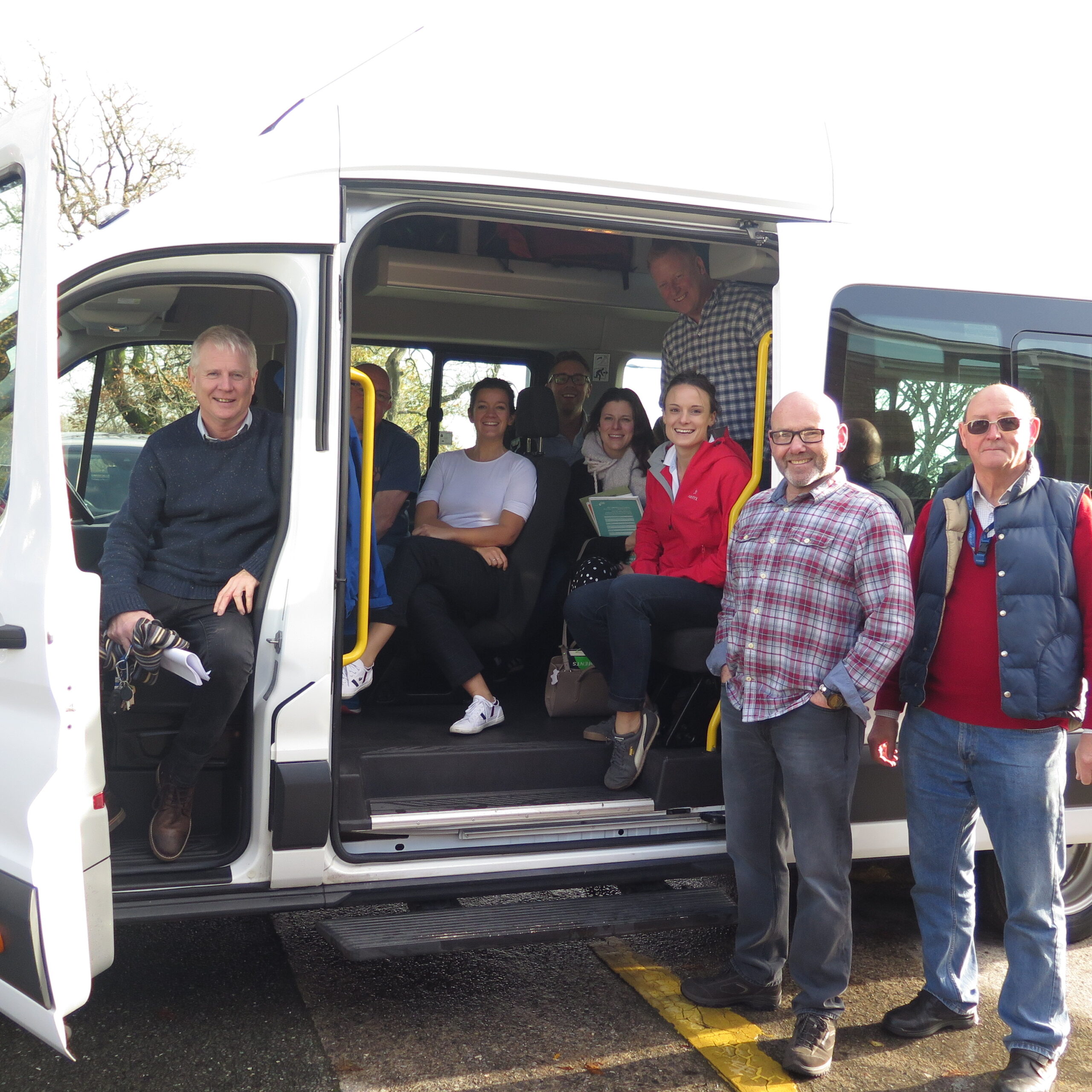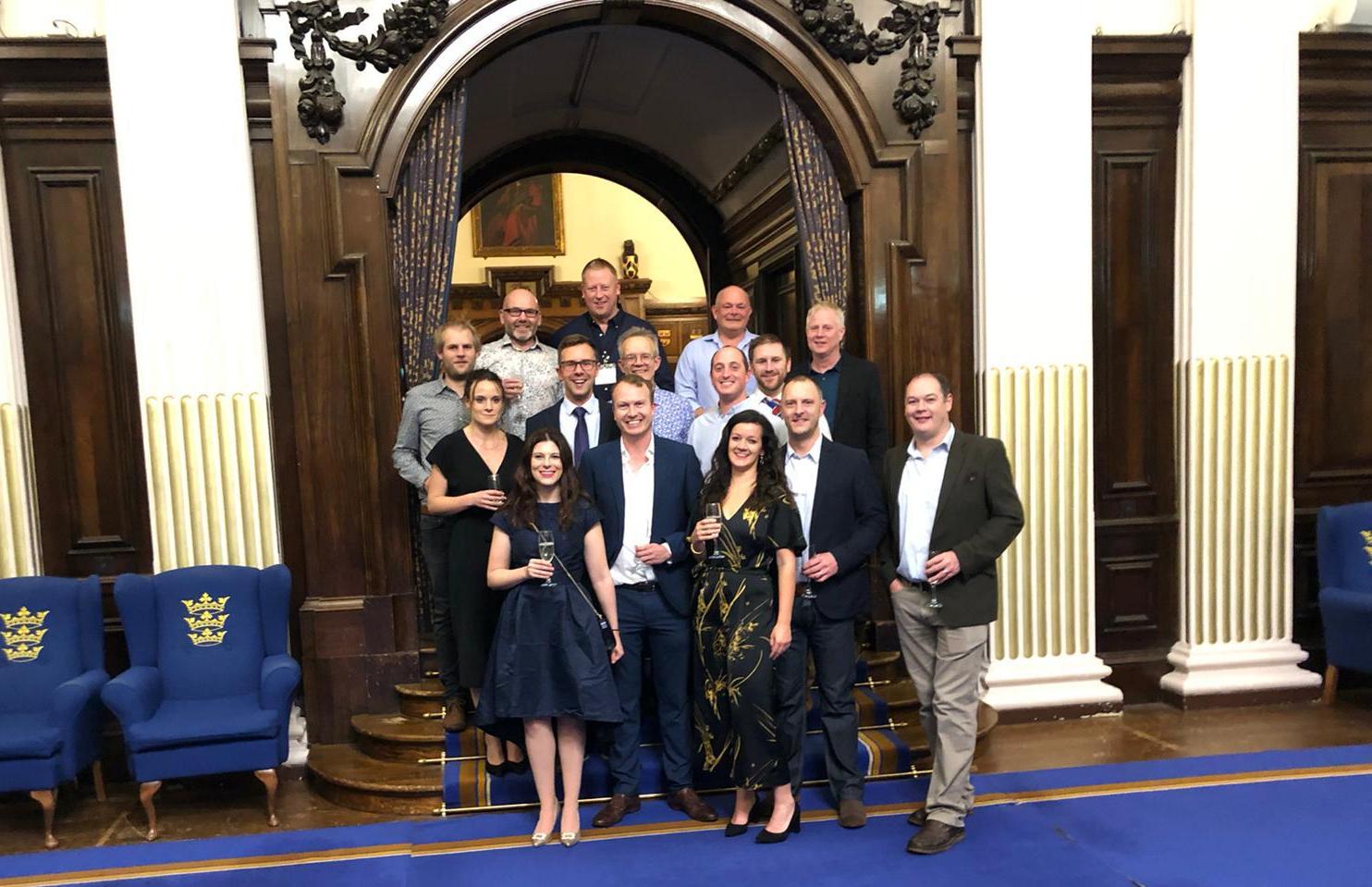Attending the BHA Annual Scientific Meeting 2019
Junior Doctor Ash reflects on his trip to Hull and the BHA Annual Scientifioc Meeting.
Tuesday 26th November. The morning passes in a flurry of activity as DDRC staff prepare to leave for Hull. The morning dive must be conducted and patients reviewed, DMT’s must be taught, minibuses’ collected and to top it off our multi-disciplinary team meeting is due. The inevitable happens…. our midday departure is postponed.
Once everyone is ready, we set off at a more realistic 1:30pm. On board the minibus is a selection of the DDRC team (chamber staff, doctors, our new trustee and our CEO). We are heading to the British Hyperbaric Association (BHA) conference, an annual two day conference with speakers from across the globe. This year’s theme is ‘Widening Perspectives’. The conference is a chance to learn about and discuss the latest fitness to dive standards. Attendees include Hyperbaric and Diving professionals from around the UK.

We arrive around 9pm, drop our bags at the hotel and head to a local pub for welcome drinks. Here we are joined by a few more DDRC docs to complete our complement.
Wednesday 27th November. Name badges, coffee and pastries are the first tasks of the day. This morning’s talks focus on cardiovascular and pulmonary health in divers, before finishing with an interesting talk from Gavin Anthony on rebreather function and testing. I thought my knowledge of rebreathers was pretty good, but this is a different level. Gavin discusses how diver orientation in the water impacts work of breathing for different counter-lung designs. I certainly learn a great deal. Brain sufficiently exercised, lunch is a chance to process what I have learnt and meet other attendees. I’m particularly pleased to meet a few other young doctors and medical students interested in diving medicine.
The afternoon includes updates from the HSE and a talk from Dr Phil Bryson on diver fitness certification. He makes some thought-provoking comments about using a holistic approach to assessment, not simply focussing on the physical health of divers. There is discussion about the causes underlying problems encountered during medicals and how we can work with the divers to prevent and overcome these issues in the future.
Wednesday evening is the conference meal, another good opportunity to network.

Thursday 28th November. Thursday morning starts with a breakfast in a well-known chain. The first lecture is by Dr Susan Kayar, a former naval researcher from the US. She talks about utilising bacteria in the gut to metabolise hydrogen, reducing the incidence of decompression sickness in ultra-deep hydrogen diving. It’s a fascinating talk but unfortunately not applicable to the general diving population who are using nitrox or trimix, not hydrogen-based gases, for most of their diving. If only the same could be done for nitrogen.
The rest of the day encompasses talks discussing diving after previous medical problems such as cancer, pneumothorax and congenital heart disease. There is much discussion generated by these talks and hopefully they result in some useful advice on how we can certify these divers as fit. A particularly compelling talk is given by Dr Wingelaar of the Royal Netherlands Navy. Clearly very knowledgeable on the subject, he discusses assessment of pulmonary function in divers. Current practice is based on old values and in his talk Dr Wingelaaar presents data on newer values, varying with age, that may be more appropriate. This talk is well liked by some of my other colleagues too and I’m sure we will be looking at how we can incorporate this into our practice at DDRC Healthcare.
The conference draws to a close with a Q&A panel to discuss any lingering questions. A few staff remain behind for the BHA meeting while the rest of us head for the minibus and the long journey home.
So what did I think of the conference?
- I learnt a lot over the two days which will help influence my medical practice
- Some of what I learnt is applicable to my recreational diving and will help to make me a safer diver
- I met doctors from other chambers. I often speak to them over the phone when referring emergency patients. This will help to foster closer working relationships between UK chambers
- I was able to spend time with- and learn from- the senior DDRC doctors
- I was able to meet and encourage other doctors and medical students who will hopefully go on to become diving doctors… possibly even colleagues here at DDRC
I look forward to the 2020 conference hosted by ourselves here in Plymouth.